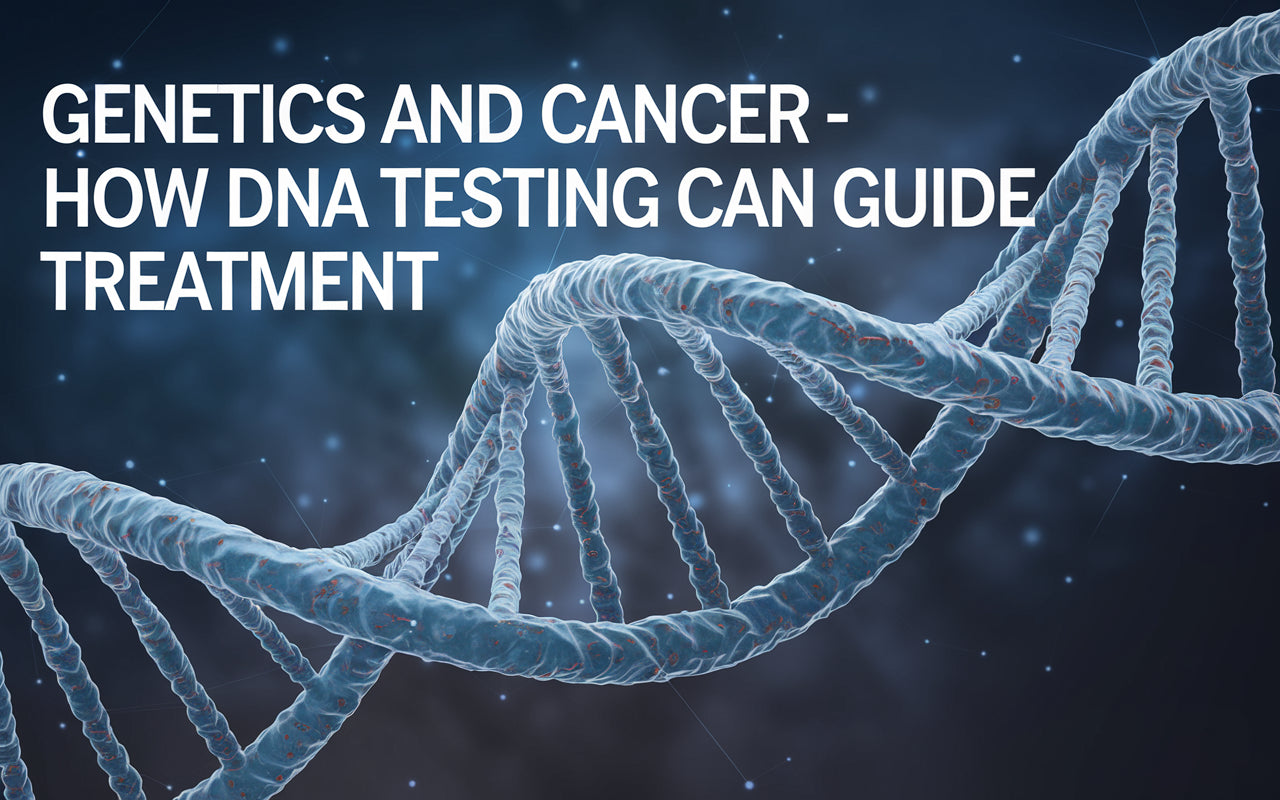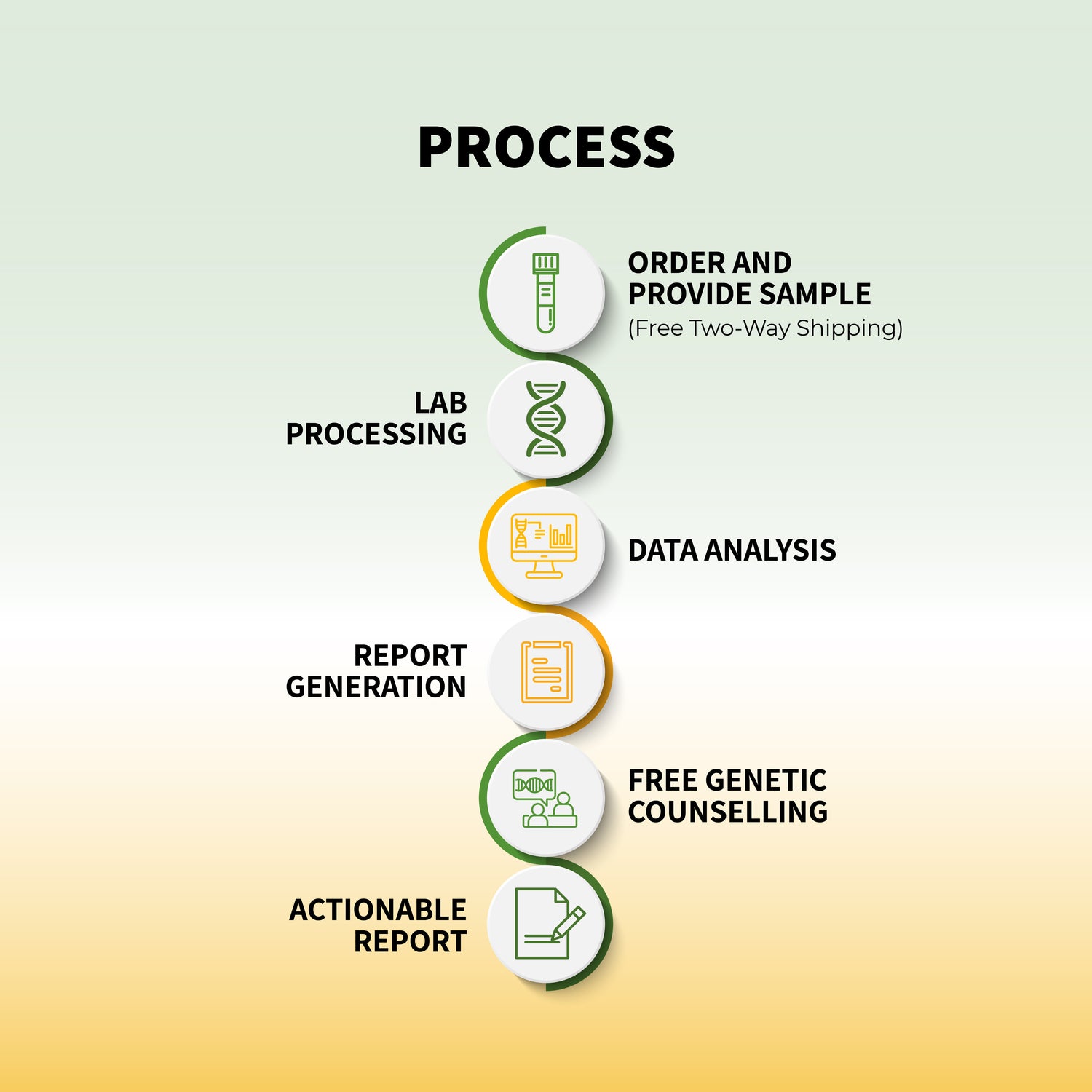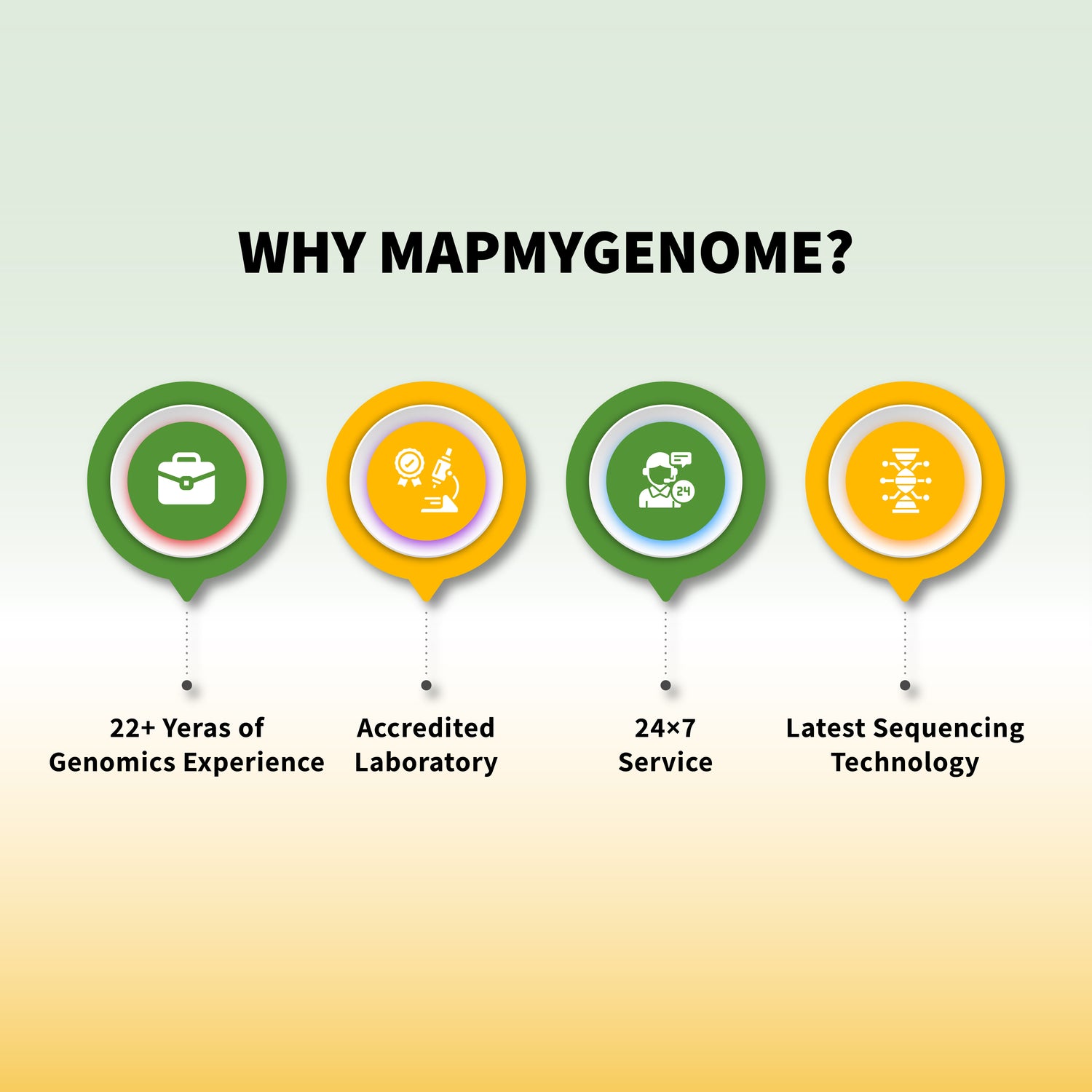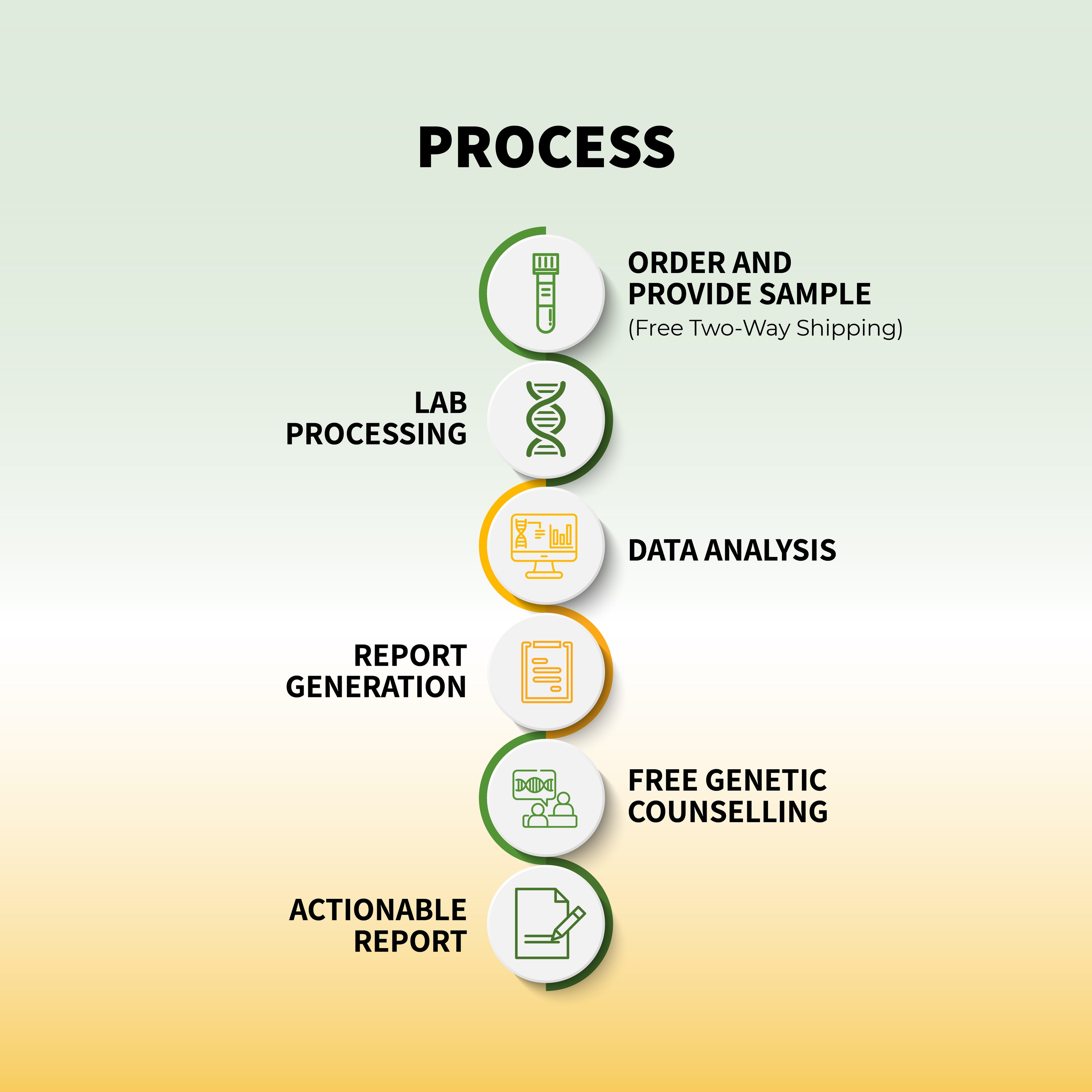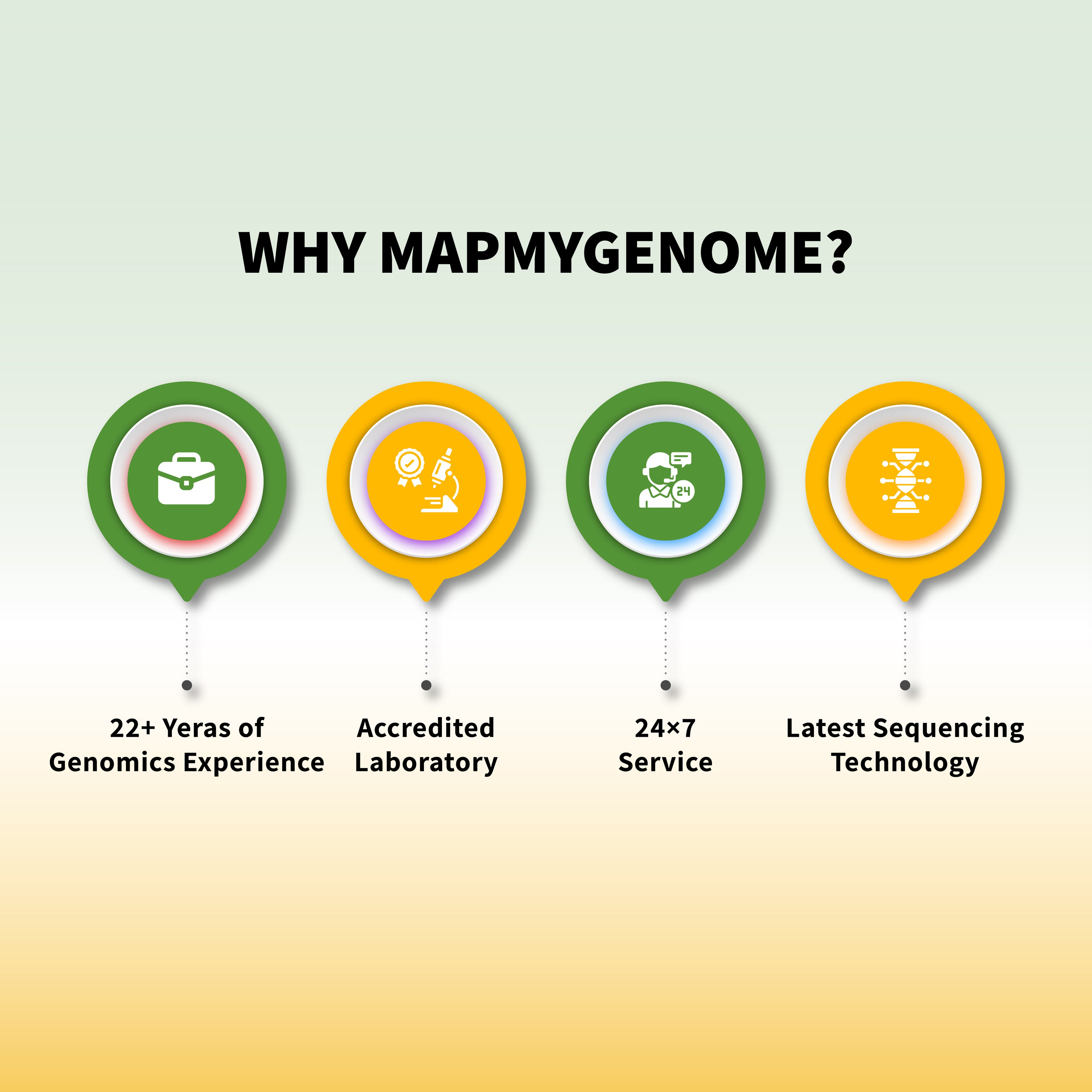Cancer is a complex disease that involves abnormal cell growth, and its causes can be rooted in both environmental and genetic factors. With the advancement of genetic testing, doctors are now able to take a personalized approach to cancer treatment. This revolutionary method of understanding an individual’s unique genetic makeup can significantly influence treatment options, help in early detection, and even identify hereditary risks. In this post, we’ll explore how genetic testing for cancer works, its role in guiding treatment, and why it is becoming an essential part of modern cancer care.
Understanding Genetic Testing for Cancer
Genetic testing for cancer focuses on identifying mutations in specific genes that may increase a person's risk of developing cancer. These mutations can be either inherited (passed from one generation to the next) or acquired throughout a person's life due to various factors such as exposure to radiation or harmful chemicals. Testing involves analyzing DNA from blood, saliva, or tissue samples to check for abnormal changes in cancer-associated genes.
Two types of genetic mutations related to cancer are commonly identified:
- Hereditary mutations: These are inherited from parents and are present in every cell of the body. Examples include mutations in the BRCA1 and BRCA2 genes, which are linked to breast and ovarian cancer.
- Somatic mutations: These occur during a person's lifetime and are found only in cancerous cells. Somatic mutations often arise due to environmental factors or random errors in DNA replication.
How Genetic Testing Guides Personalized Cancer Treatment
Personalized or precision medicine refers to the customization of healthcare, where medical decisions, treatments, and products are tailored to the individual patient. Genetic testing plays a crucial role in guiding these personalized cancer treatments by identifying the unique genetic mutations driving a patient’s cancer. Here are several ways in which genetic testing can impact cancer treatment:
1. Targeted Therapy
One of the most significant advances in cancer treatment is the use of targeted therapies, which aim to specifically attack cancer cells without harming normal cells. These therapies are designed to target specific genetic mutations that drive the growth of cancer. For example:
- EGFR mutations in lung cancer can be treated with drugs that specifically inhibit the EGFR protein.
- Mutations in the BRAF gene, common in melanoma, can be targeted with BRAF inhibitors.
By identifying these mutations through genetic testing, doctors can prescribe targeted therapies that are more effective and have fewer side effects than traditional chemotherapy.
2. Immunotherapy
Immunotherapy is a treatment that uses the body’s immune system to fight cancer. Certain genetic tests can identify mutations that make cancers more likely to respond to immunotherapy. For instance:
- MSI-H (microsatellite instability-high) and dMMR (deficient mismatch repair) are genetic changes that make some cancers more responsive to immunotherapy drugs, known as checkpoint inhibitors.
With genetic testing, oncologists can determine whether immunotherapy is a suitable treatment option for a patient, potentially improving outcomes for cancers that are otherwise hard to treat.
3. Chemotherapy Sensitivity and Resistance
While chemotherapy remains a mainstay of cancer treatment, genetic testing can help identify which cancers are more likely to respond to certain types of chemotherapy. Some genetic mutations make cancer cells more sensitive to specific drugs, while others may make them resistant.
For example:
- Patients with BRCA1 or BRCA2 mutations may benefit more from platinum-based chemotherapy, as their cancer cells are less able to repair the DNA damage caused by these drugs.
This insight allows doctors to avoid ineffective treatments and focus on therapies more likely to succeed, improving patient outcomes and reducing unnecessary side effects.
4. Risk Assessment and Prevention
Genetic testing doesn’t just help those who have already been diagnosed with cancer; it can also play a critical role in cancer prevention. Individuals who test positive for hereditary mutations linked to certain cancers can take proactive steps to reduce their risk. For example:
- Women with BRCA1 or BRCA2 mutations can opt for increased screening, preventive surgeries (such as mastectomy or oophorectomy), or risk-reducing medications to lower their risk of developing breast or ovarian cancer.
- People with Lynch syndrome, an inherited condition that increases the risk of colon and other cancers, can undergo regular colonoscopies to catch cancer early when it’s most treatable.
Genetic testing can give individuals the information they need to make informed decisions about their health, potentially preventing cancer from developing in the first place.
Who Should Consider Genetic Testing for Cancer?
Not everyone with cancer needs genetic testing. It is typically recommended for individuals who:
- Have a strong family history of cancer, especially if diagnosed at a young age (e.g., breast, ovarian, colon, or pancreatic cancer).
- Are diagnosed with cancer at an early age, which may suggest a hereditary cause.
- Have rare cancers, such as male breast cancer or medullary thyroid cancer.
- Have a known family member with a genetic mutation linked to cancer.
Additionally, genetic testing may be recommended for individuals without cancer who want to assess their hereditary cancer risk, especially if there is a family history of cancer.
The Future of Genetic Testing in Cancer Care
The field of genetic testing for cancer is constantly evolving. New technologies, such as next-generation sequencing (NGS), are making it possible to analyze hundreds or thousands of genes simultaneously, leading to more comprehensive and accurate results. Moreover, as researchers continue to identify new genetic mutations linked to cancer, the ability to tailor treatments will only improve.
Beyond treatment, genetic testing is also playing a role in cancer research. Large-scale studies are using genetic data to better understand cancer biology, which will ultimately lead to the development of new therapies and diagnostic tools.
Genetic Testing at MapmyGenome
At MapmyGenome, we offer a range of genetic testing options that can help guide cancer treatment and prevention. Our tests, such as DNA OncoScreen, are designed to identify key mutations associated with a variety of cancers. With expert genetic counseling, we provide a comprehensive report and actionable insights to help patients and doctors make informed decisions about cancer care.
Conclusion
Genetic testing is a powerful tool in the fight against cancer, offering personalized insights that can guide treatment, prevent cancer development, and improve patient outcomes. As the understanding of cancer genetics continues to grow, more individuals can benefit from tailored therapies that offer better efficacy and fewer side effects. Whether you're managing cancer or looking to understand your risk, genetic testing offers a path to more personalized, proactive healthcare.


